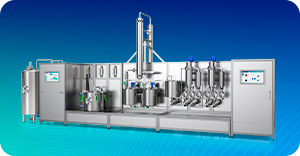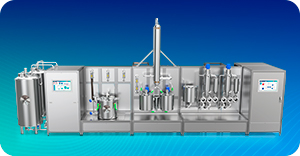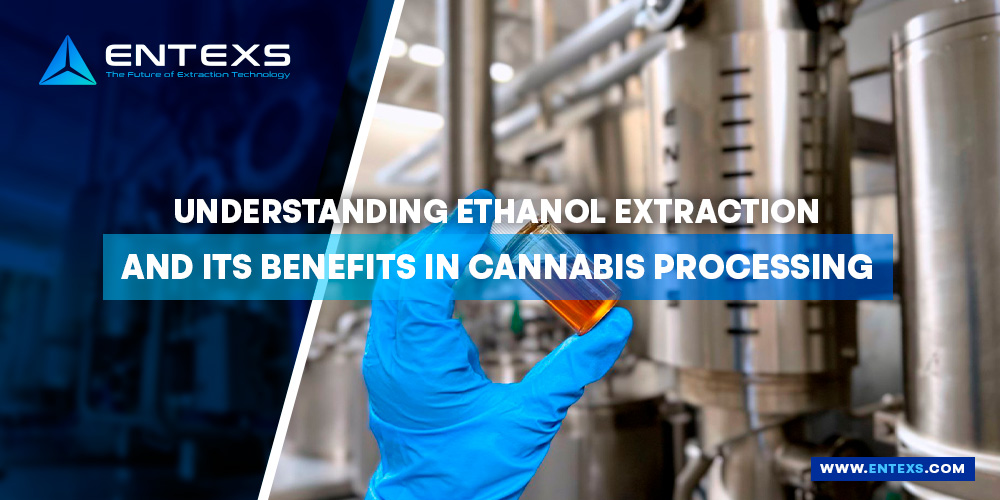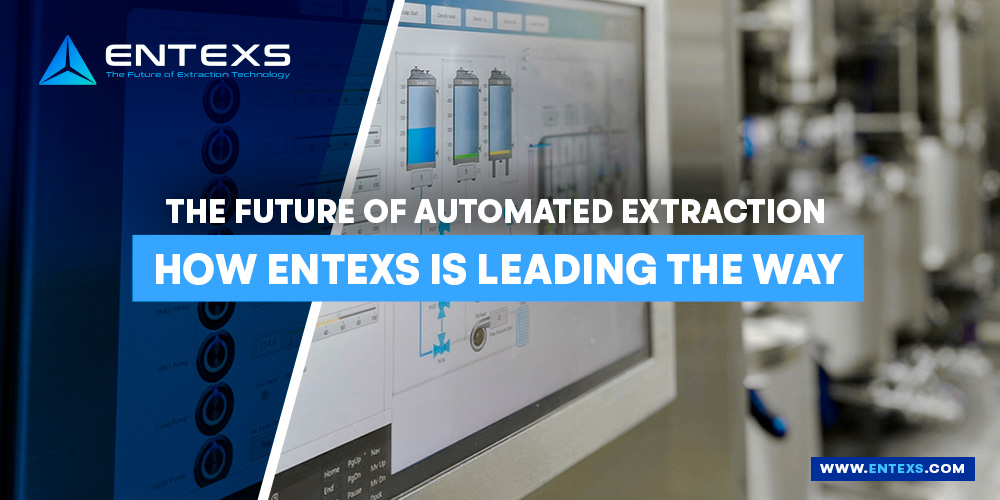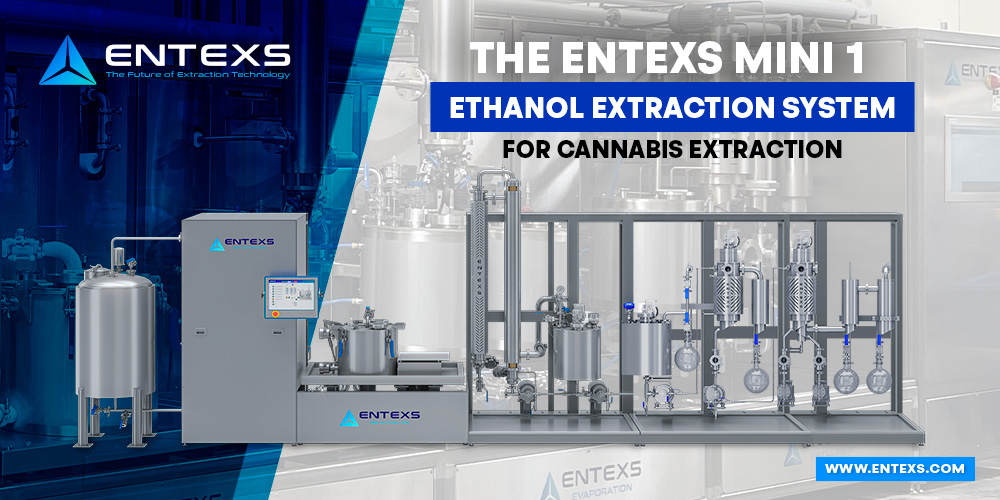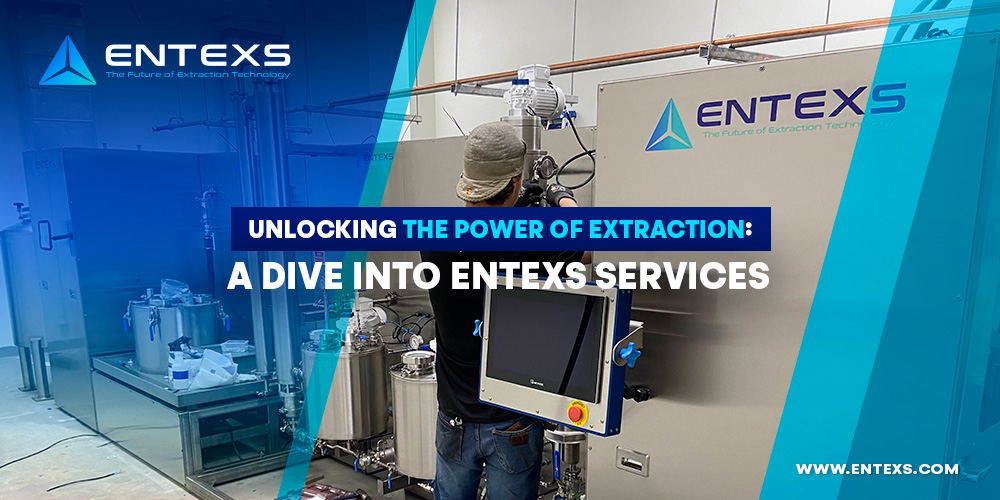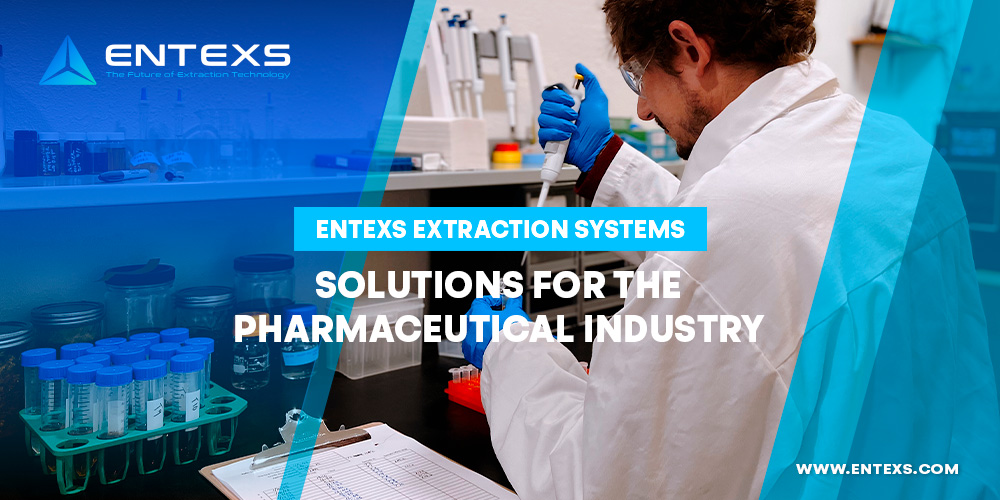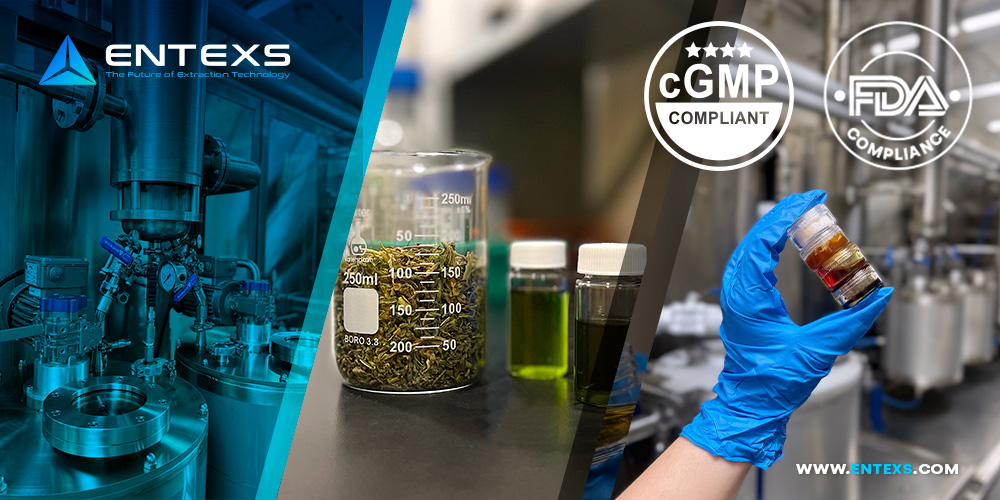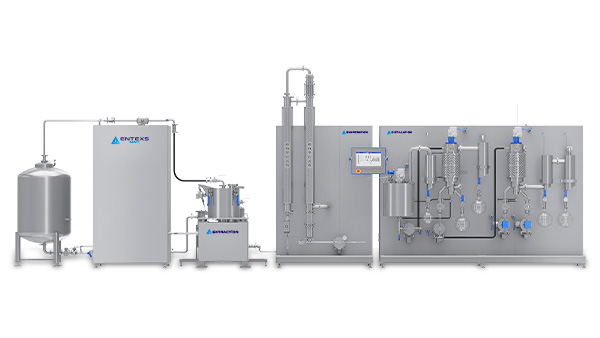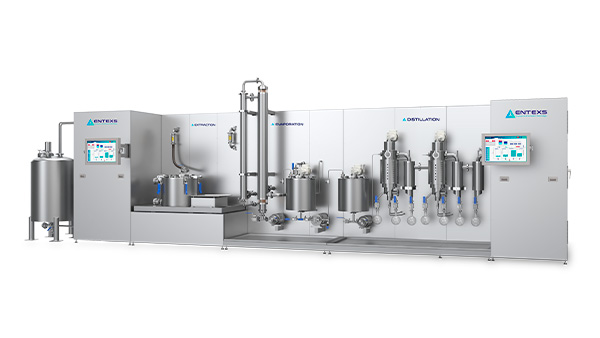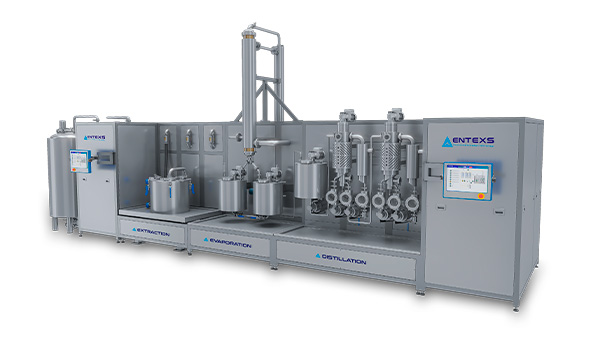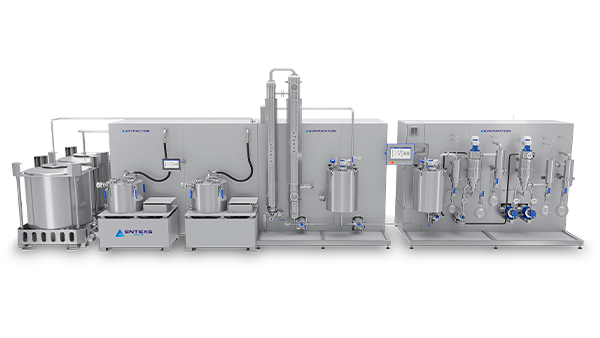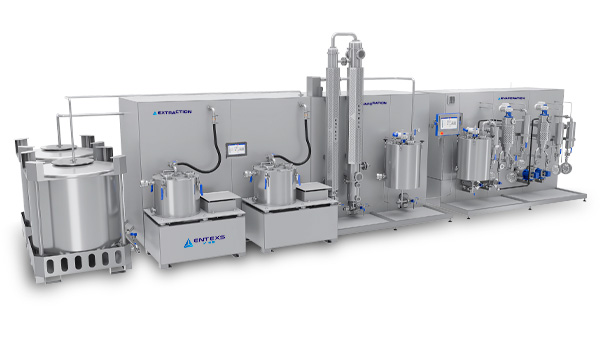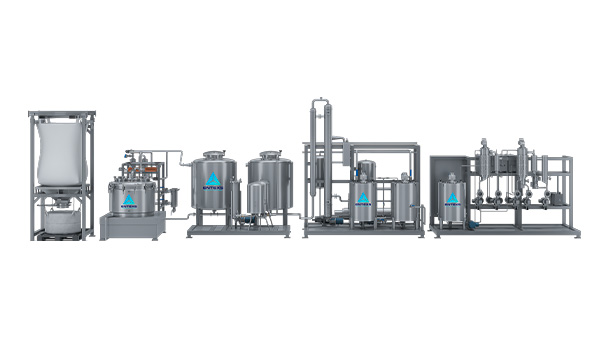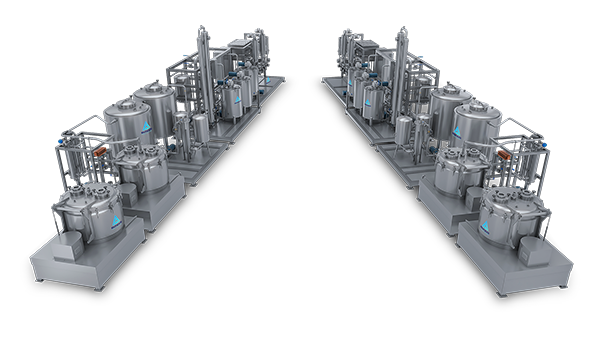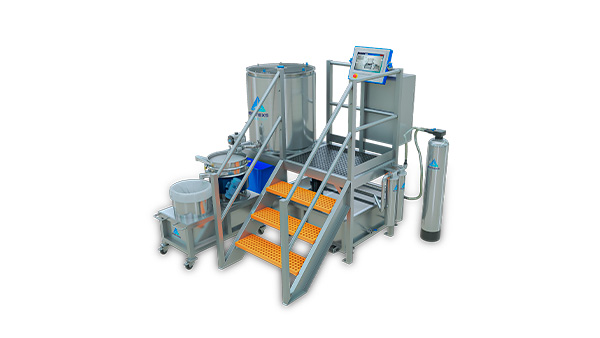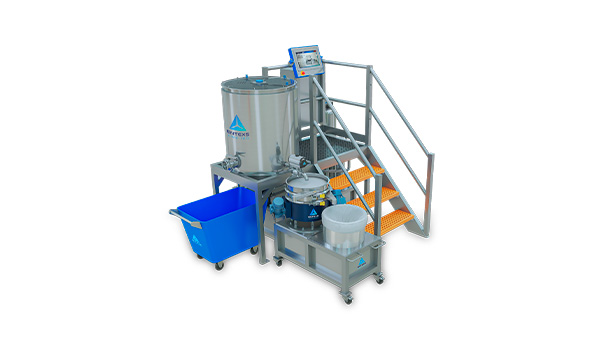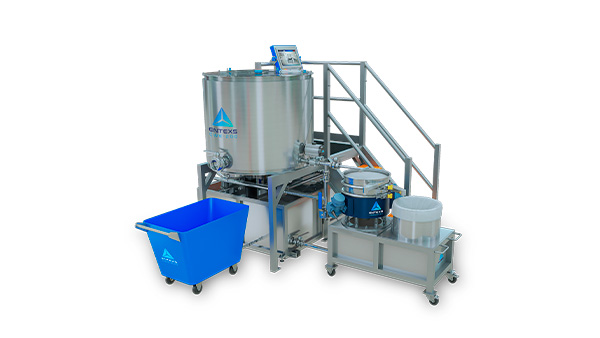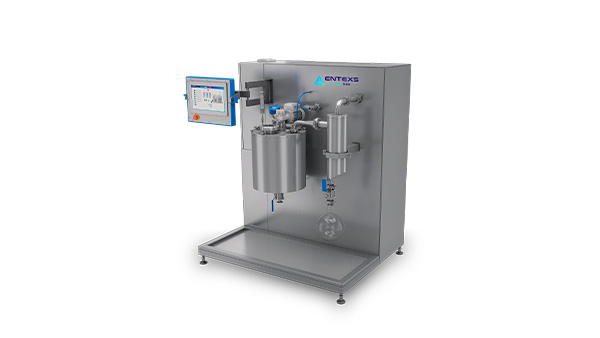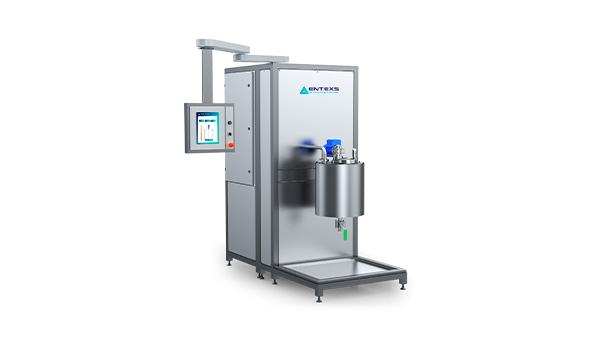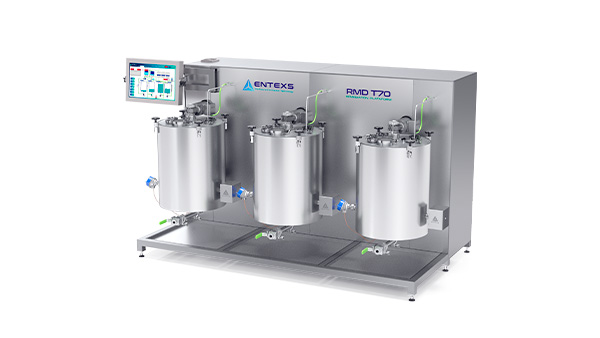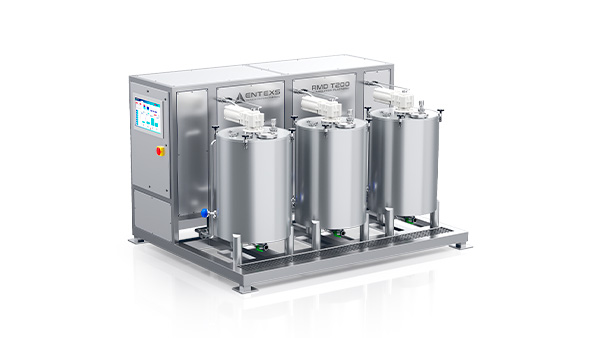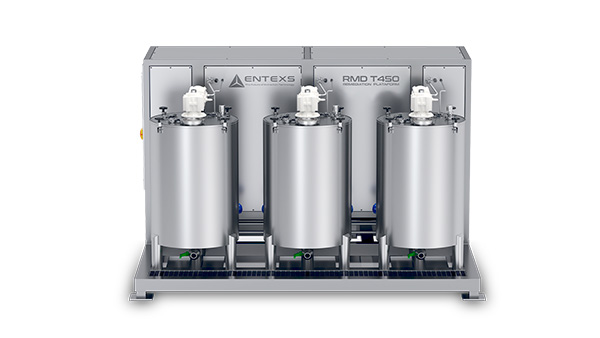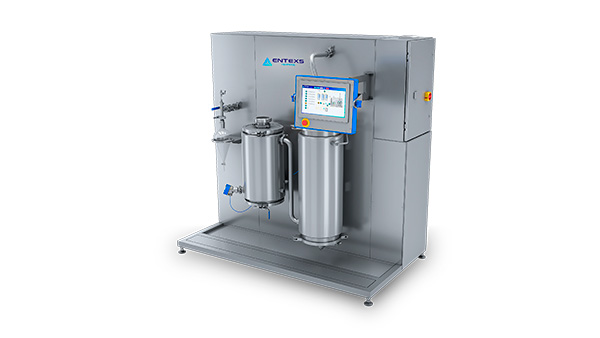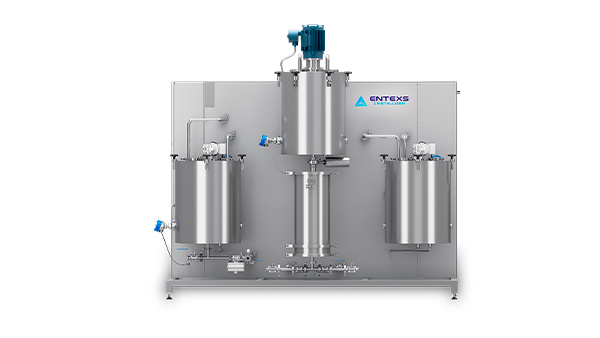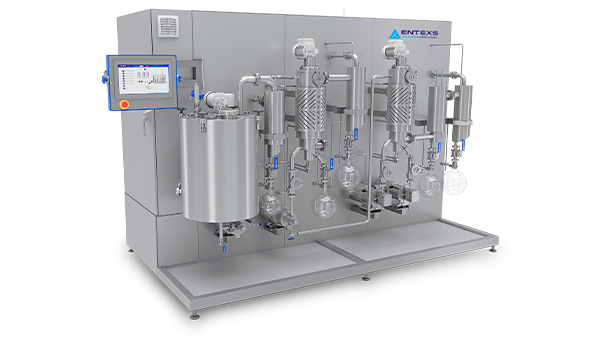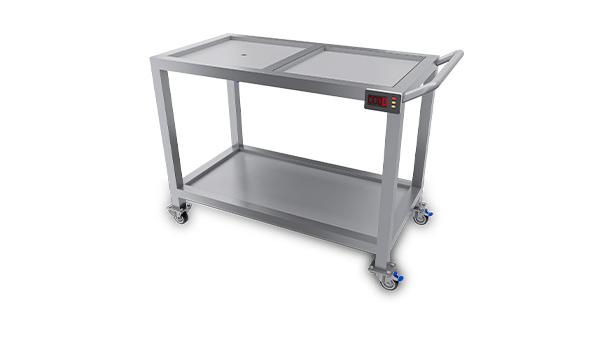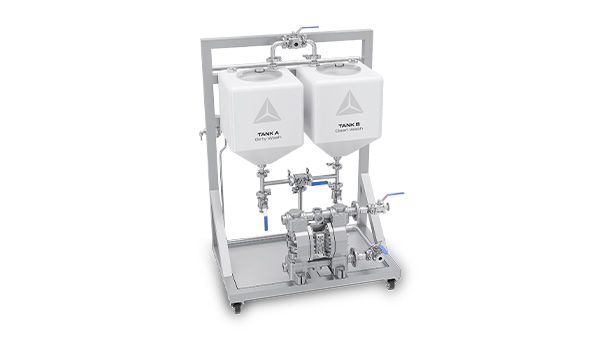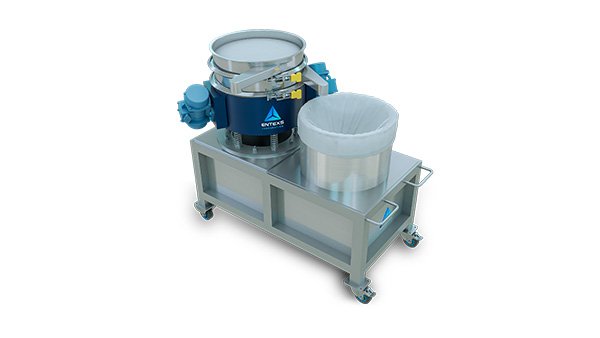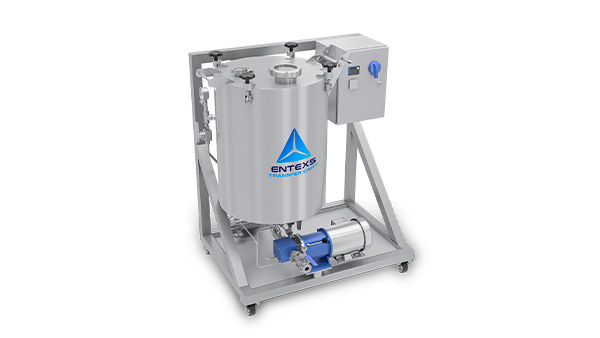Which CBD Extraction Method is Most Efficient?
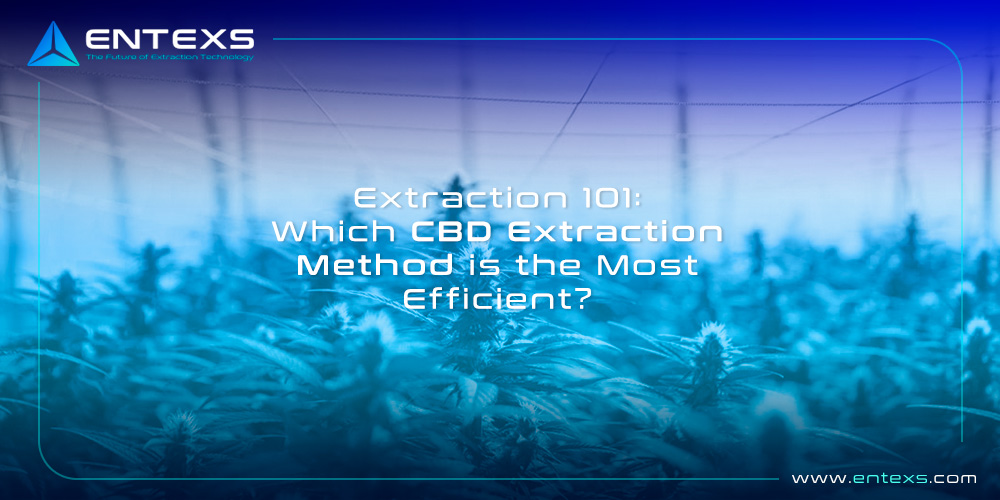
There isn’t just one way to make cannabis extracts. Actually, there are two general types of extraction, solvent-based and “solventless” or water-based. Then, there are a bunch of different methods from there. Solvent-based extraction is a lot more common and versatile in the types of extracts it can produce, so this guide will cover this.
The various types of solvent-based extraction all have their own procedures, equipment, strengths, and weaknesses. No method is the best 100% of the time, but certain ones definitely have more advantages.
Ethanol Extraction
Ethanol is easily one of the most balanced and versatile options for cannabis extraction. This solvent, which is just pure alcohol, can be organic and is generally considered safe by the FDA. At the same time, it can extract valuable cannabinoids, like THC and CBD, and the cannabis plant’s terpenes.
Ethanol can be incredibly efficient. Super-chilled ethanol is not only capable of extracting more from the raw plant material, but it also eliminates the time-consuming additional step of winterization, which removes unwanted plant material from the extract.
With ethanol, cannabis processors don’t need especially complex equipment or specialized lab setups in order to run their extraction operation. Staff running the equipment don’t need much additional training or personal protection and safety equipment either.
Ethanol is also one of the more sustainable options for cannabis extraction. The alcohol is made from corn. It’s safe and biodegradable. At the same time, it’s cost-effective and easy to recycle for future use.
Even with all of those upsides, ethanol isn’t perfect. Like most solvents, ethanol needs to be removed from the final product, which requires some additional work. Ethanol also isn’t the friendliest substance to terpenes. The combination of the ethanol itself and the process of removing it is known to break down some of the terpenes from the extract. More advanced system technologies can aid with these setbacks.
Carbon Dioxide (CO2)
Carbon dioxide extraction isn’t nearly as popular of the three solvents, but it does have its advantages. Unlike other solvents, carbon dioxide doesn’t need to be removed from the final product; it’s just the gas you naturally exhale. Carbon dioxide also doesn’t destroy or break down cannabinoids or terpenes. In theory, you could get a more pure and complete product.
That all said, CO2 has some serious downsides. In order for it to work, CO2 needs to be under very high pressure. That means that CO2 extraction requires highly specialized equipment. Even still, it’s fairly dangerous because even a small leak or weakness could be catastrophic.
Because of the safety risks inherent with the equipment, CO2 extraction systems require a larger, more highly trained staff to operate. In addition to that, a CO2 extraction lab needs to have pressurized CO2 on hand, leading to even more safety concerns. With the large staff and safety precautions, CO2 extraction is quite costly.
Hydrocarbons
Hydrocarbons are highly flammable chemicals, like butane (lighter fluid). They’re also reasonably effective at extracting cannabinoids. Hydrocarbon extraction is relatively common, and if not done correctly, it’s viewed as the “quick and dirty” option.
This one has a lot of drawbacks, not the least of which is the volatile chemicals being used on a consumable product. These combustible chemicals require additional safety precautions, special planning of the processing lab, and additional permits.
Like with CO2, the staff running the equipment requires additional training and safety measures. They’ll also require extensive training on the complex systems necessary to perform hydrocarbon extraction safely.
Even when a hydrocarbon extraction system is running correctly, the extracted product will require further refining to remove the dangerous hydrocarbons before people consume the final product. Even still, there’s no guarantee of absolute purity.
It should seem pretty evident that hydrocarbon extraction is easily the least sustainable option. These are usually fossil fuels, which will need hazardous chemical disposal after they’re used.
ENTEXS is an extraction system manufacturer. We make systems for ethanol extraction because, after evaluating the options and looking at the science, our team of engineers saw ethanol as the most efficient, safest, and cleanest option for solvent-based extraction.
Contact us for more information
Contact our sales team for more information on custom cbd and hemp extraction systems, state-of-the-art thc remediation systems or preview our catalog of systems and modules available through our website.
Related Topics
- Analysis
- Cannabis Industry
- CBC Extraction
- CBD Extraction
- cbd isolate
- CBG Extraction
- cGMP
- Chromatography
- CO2
- Cold Water Extraction
- Ethanol Extraction
- Extraction 101
- Extraction Equipment
- Extraction Machine
- Extraction System
- GMP
- GMP Certification
- Hemp Extraction
- HPLC
- inline remediation
- Remediation
- Remediation Equipment
- Terpene Extraction
- terpenes
- THC
- THC Remediation
- All
- Extraction
- THC Remediation
- All
- Extraction
- THC Remediation
- Email: info @ entexs.com
- Toll Free: (888) 960-3689
- 3720 Trade Way, Cameron Park, CA 95682, USA
- ENTEXS is proud to be made in the USA
- © 2025 ENTEXS Corporation
- Privacy Policy
